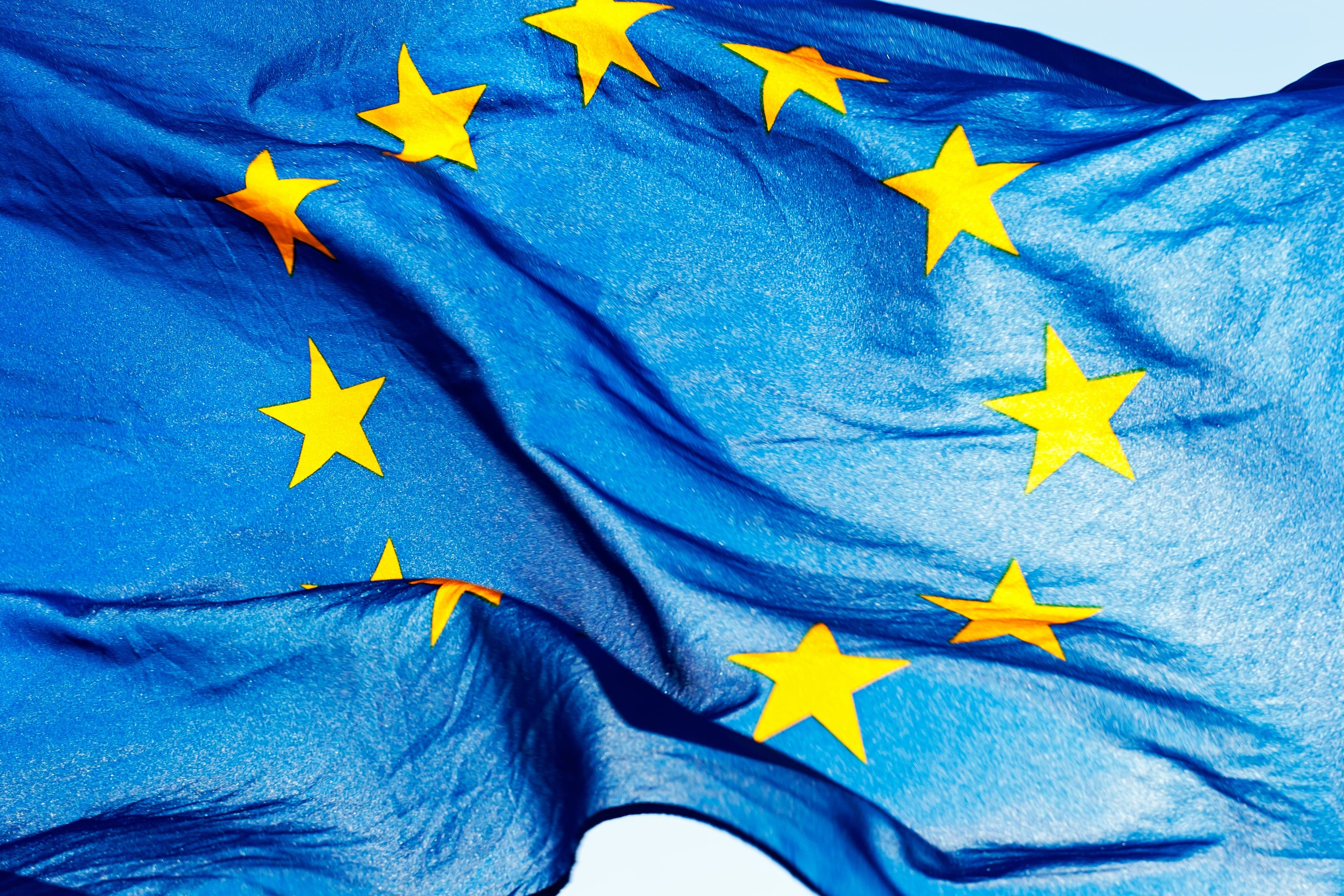The Importance of Understanding the Changes Ahead
In this article, Leila Szwarc examines the new regulatory initiatives and the importance of incorporating these new challenges into the current landscape. The piece will lay out the three essentials general counsel must be equipped with in order to thrive in 2018 and beyond: internal and external visibility, knowledge, and proper structuring.
By Leila Szwarc, Global Head of Compliance and Strategic Reporting at TMF Group
Recent years have seen the emergence of an alphabet soup of new regulatory initiatives which multinational firms must comply with. The Foreign Account Tax Compliance Act (FATCA), the Common Reporting Standard (CRS), the General Data Protection Regulation (GDPR) and more, all introduce challenges, requiring new and agile approaches.
The task is made more difficult by the fact that many organizations are slow-moving, and are conditioned to view regulation as a risk to be managed rather than an opportunity to be seized. As a result, compliance is not just a matter of tweaking processes – for some businesses it requires a shift in company culture.
Worse, time is running out. Enforcement of the EU’s new General Data Protection Regulation (GDPR), for instance, is set to begin by the end of May of this year. Although perceived by many as a European requirement, its scope is so wide-ranging that it will affect a huge number of companies worldwide. And the penalties for non-compliance are severe. The GDPR inflicts fees as high as four percent of global annual revenue, depending on the nature of the offense.
Non-compliance can hit a corporate brand as well as a stock price. No executive wants their name on the front page of the business section because they received a large public fine. No investors want to read that news either.
So, the onus is on companies to show regulators that they have implemented the proper procedures and they are complying with all mandates. Here are four key thoughts for general counsels as they aim to comply and thrive in this new regulatory environment.
-
Get educated on new developments.
General counsels need to understand all new regulatory changes, learn why they were implemented and, from there, devise how best to comply with them. This education can happen in a variety of ways—by attending industry specific round tables, webinars, reading articles or inviting outside experts into the organization for presentations and consulting.
This sort of help can be invaluable to general counsels when structuring new entities on behalf of the company but also when anticipating potential compliance gaps and understanding where additional adjustments need to be made, which will end up requiring more resources and therefore higher investment.
-
Establish a global compliance framework.
Wherever possible, establish a set of compliance parameters that align with the company on a worldwide basis and that will have the broadest reach, covering as many jurisdictions as possible. The most inclusive policies will allow general counsels to guarantee a high level of compliance across all regions.
Start with jurisdictions that are the most heavily regulated and then use these as the benchmark for all other jurisdictions to emulate. For example, if you know that your Singapore branch is subject to the strictest regulations, find out what other jurisdictions in the Asia Pacific region are facing incomparable terms when talking about new and existing regulations and then apply your Singapore compliance template in those places mapping the gaps.
-
Conduct regular compliance reviews.
It’s no longer enough for certain businesses to perform compliance reviews once a year. Many are already in need to conduct reviews every six months, including “entity health checks”—depending on the nature of their business some may wish to do this quarterly to mitigate risk—to keep up with the frenetic pace of regulatory change. When it comes to doing business internationally, what worked today might not work tomorrow. That means you need to be nimble and proactive to stay compliant with the ever-evolving regulatory environment. The results of these checkups allow for forward thinking and proactive approaches to be and remain ahead of your own curve, not to mention the others.
-
Don’t be afraid to get outside help.
General Counsels today are faced with an array of legislative changes in nearly all the jurisdictions they oversee. Thus, it is unrealistic for a single general counsel to control all compliance efforts in all jurisdictions and be prepared to give advice to all the various stakeholders within the company.
There is simply too much going on. It’s not unusual for one jurisdiction to enact a piece of legislation in one way and another jurisdiction to enact similar legislation or its guidance completely differently. So, unless you have some sort of all-knowing legal team, you’ll need to outsource some of your compliance responsibility to local legal and secretarial experts in each jurisdiction.
These local experts will have accurate information and real-time visibility into what is happening in their region and the best way to comply with regulations. These experts are also valuable in helping to navigate a variety of other challenges, including audits. They know the local language, they understand the local culture and they are best prepared to deal with all aspects of compliance.
Complying with all the new regulations around the world may feel overwhelming at times.
Those companies that quickly and successfully adapt to the new global regulatory environment can gain a significant leg up on their competition and enjoy massive new opportunities.











